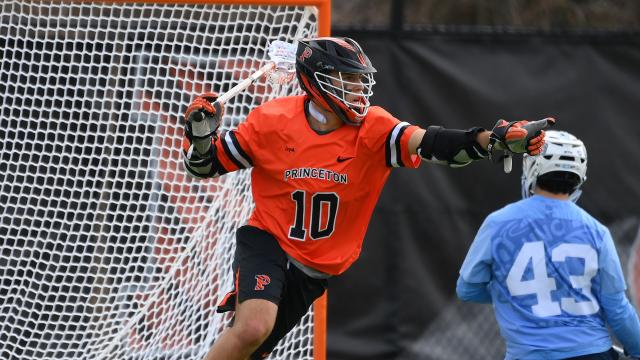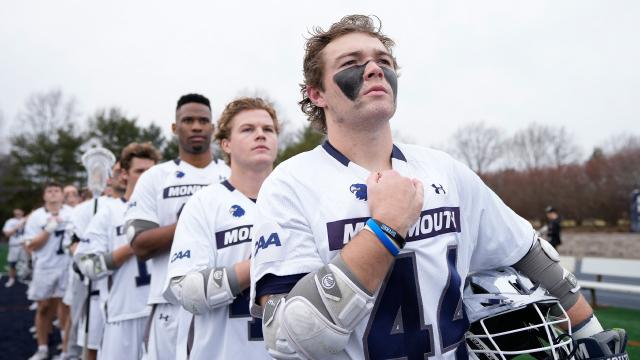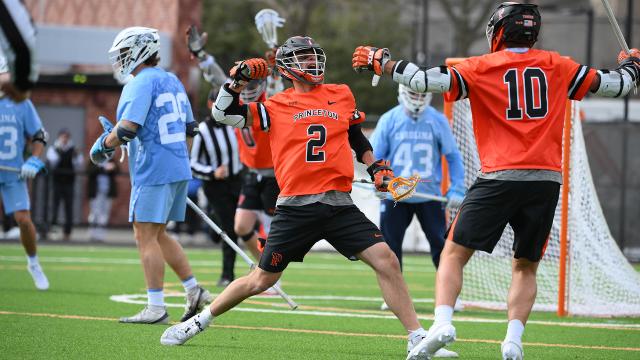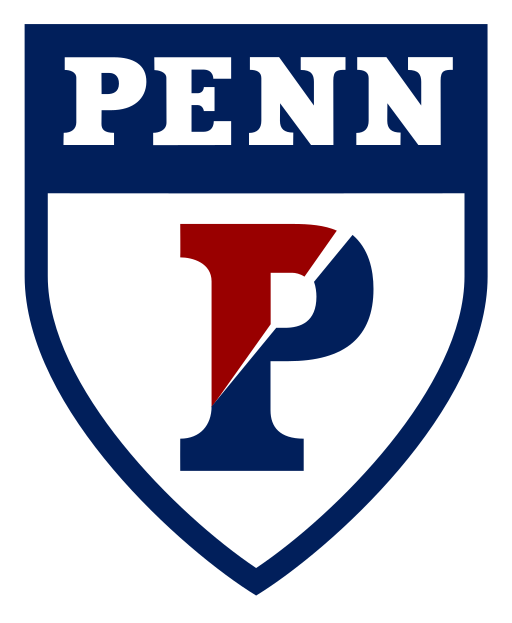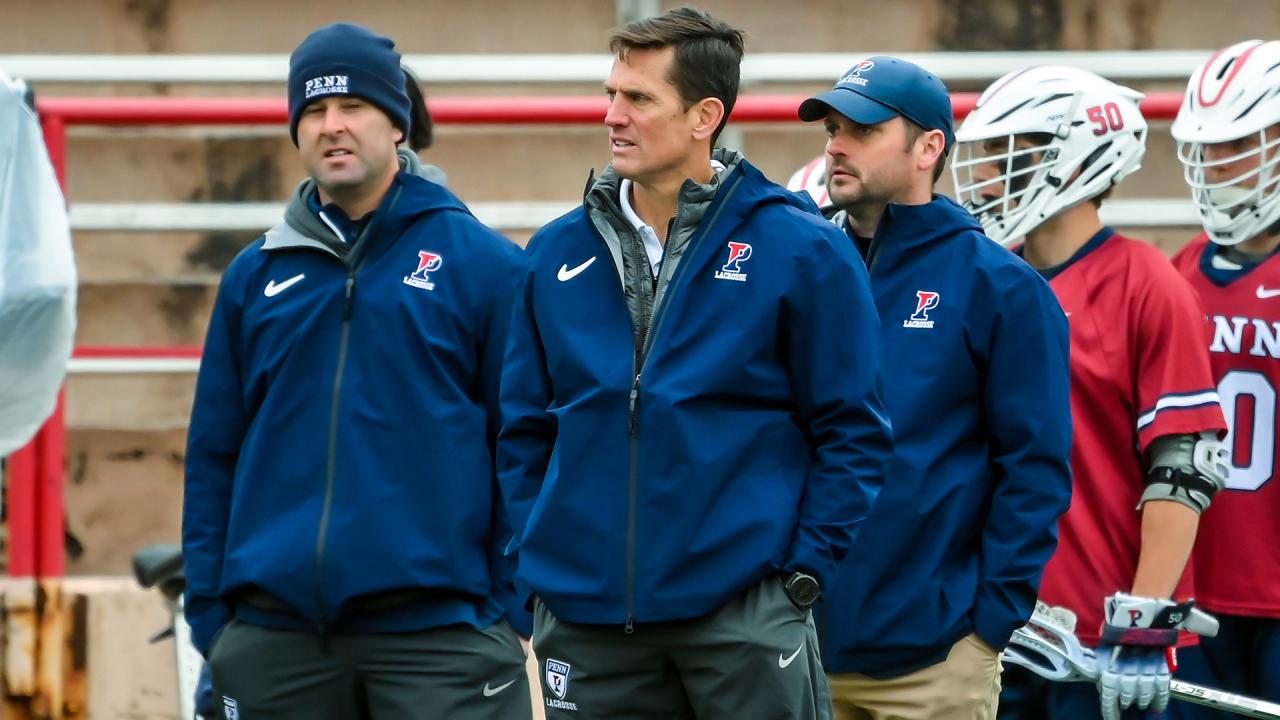
Mike Murphy Energized by Joining Harlem Lacrosse: 'It is Something Meaningful'
Let go as the winningest coach in Penn men’s lacrosse history, Mike Murphy has turned to another side of the sport that has always been important to him.
Last month, Murphy joined Harlem Lacrosse as its Strategic Advisor for Lacrosse and Development.
“It is something meaningful,” Murphy said. “You feel like you’re making the world a better place by doing it, so it kind of energizes you.”
Harlem Lacrosse seeks to use the sport “as a catalyst for education, mentorship and opportunity.” Formed officially in 2011, Harlem Lacrosse begins connecting in elementary school with students at risk to fall behind or drop out. The organization provides tutoring and mentors for classroom work while helping to teach students lacrosse.
“The impact that it makes on those individual kids and their families, but also the impact it’s making on the sport of lacrosse, is something that is really important and something our sport needs,” Murphy said.
Murphy worked with a similarly oriented Young Quakers program at Penn that he helped create. After coaching at nearby Division III Haverford College, he came to Penn in 2010 and over the next 16 seasons amassed a 109-96 record and an Ivy League tournament title in 2019.
Behind the scenes, he helped launch Young Quakers in 2013 with a Penn alum Chuck Leitner, piggybacking off a LEAPS program in Philadelphia begun by John Christmas, Eric Gregg and Billy McKinney.
“When I was at Haverford, we would volunteer with them and go into schools in the city and teach lacrosse and PE, and so that was really what got me going on this whole project,” Murphy said. “And I wanted to do something that was sustainable where you develop relationships with kids and there was some reinforcement.”
Young Quakers was piloted in 2013 by the Penn men’s lacrosse team, with the women’s lacrosse and track teams joining the next year. Eventually, the basketball programs got involved. The program ran through Penn Athletics and Penn’s Netter Center’s University-Assisted Community Schools partnership and connected Penn varsity athletes as mentors to children from West Philadelphia schools with a holistic approach that included not just educational and lacrosse lessons, but also addressed nutrition and healthy relationships.
It also helped Penn’s athletes give something back. For much of the last decade, the program collaborated with Harlem Lacrosse.
“Hundreds and hundreds of hours and things that I put into Young Quakers, that just helped me understand what Harlem does and the challenges and the rewards and things like that,” Murphy said. “So, I don’t think there’s any question that it made me more familiar with what I was getting myself into and probably gave Harlem a little confidence that I actually could contribute in some meaningful way.”
Joel Censer, Harlem Lacrosse’s Chief Pathing Officer who helps find routes to higher education for students, played for Murphy at Haverford. They have stayed connected.
And while Murphy is hopeful to return to coaching collegiately, he jumped at the opportunity to be more formally involved with Harlem Lacrosse, which he calls a “passion project” for those that created it.
“The primary emphasis for me is going to be the lacrosse part of it, trying to help the coaches and the players get better,” he said. “And I’ll be working with their national team a good bit starting in November. They’ll be here in Philadelphia for an event. Certainly with fundraising, trying to raise some money so that we can pursue our mission. And then I think the other part that’ll be significant is what they call pathing, which is Joel Censer getting kids to colleges ultimately, and just leveraging my network of college coaches that I know and hopefully helping those colleges bring in some kids that are good fits for them and for their school. So I’m excited.”
Harlem Lacrosse’s national team will participate in an NXT event next month, an early chance to work directly with some of their student-athletes. It’s a different sort of impact that he’ll be able to make compared to working with college players.
“One of the reasons we created the Young Quakers program is that those guys that played for us at Penn would learn how to give back,” Murphy said. “They would develop that muscle, so to speak. And so, you’re really planting seeds that won’t be reaped for years, decades really. Whereas with Harlem, it’s more immediate.”
Harlem Lacrosse has operations in five cities — Baltimore, Boston, Los Angeles, New York and Philadelphia. Murphy had served on the Philadelphia Advisory Board for while at Penn. He can help executive director Anita Roberson build more connections in West Philadelphia.
Philadelphia added two girls’ teams in 2017 and its first boys’ team in 2018 and expanded into a high school in 2022.
“Now as I’ve gotten more involved, and certainly in a more official capacity this fall, we’re really, really impressed with who they are, the people in the organization, what their mission is, and just how passionate and professional they all are,” Murphy said. “It’s a legit operation with a bunch of employees and multimillion dollar budgets and an unbelievable impact on the sport of lacrosse overall and the kids that are playing in those five cities.”
Murphy will work nationally and look into Harlem Lacrosse’s systems and standards and how they might develop further. He can recount first-hand the successes that he has seen through the organization. He got involved with a Harlem Lacrosse product Jayvon Robinson, whom he helped connect with Cleveland State after first seeing him at a Penn camp.
“Just to watch that work out and for that kid to go from figuring out what lacrosse is all about to actually committing himself to it, improving himself as a student, and then ultimately ending up at a Division I place was really kind of gratifying,” Murphy said. “To see that whole thing unfold was really, really cool.”
Mike Murphy will have a lot more of those sorts of opportunities now. And that’s something he’s looking forward to as part of the mission of Harlem Lacrosse.
“I think the impact you can make on individuals is a little bit more meaningful,” Murphy said. “They’re younger and they’re a little more vulnerable most of the time based on the demographic. But I think the impact on the sport is just as important to me, seeing where it’s going and how monetized it’s become. To be able to tip those scales back a little bit, and hopefully have our sport be more representative of the population of the United States, would be a nice thing as well.”
Justin Feil
Justin Feil grew up in Central PA before lacrosse arrived. He was introduced to the game while covering Bill Tierney and Chris Sailer’s Princeton teams. Feil enjoys writing for several publications, coaching and running and has completed 23 straight Boston Marathons. Feil has contributed to USA Lacrosse Magazine since 2009 and edits the national high school rankings.
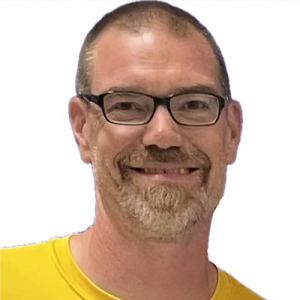
Related Articles
